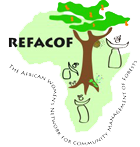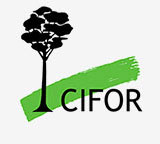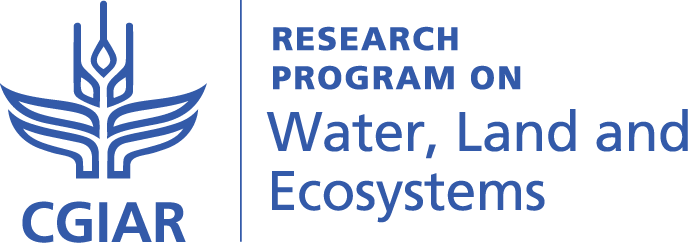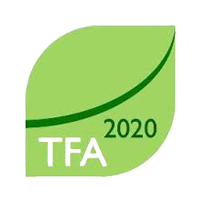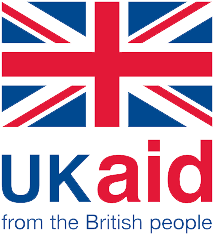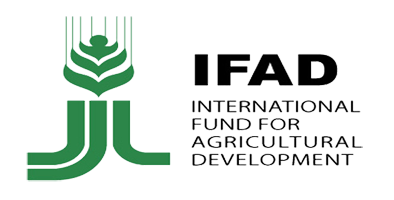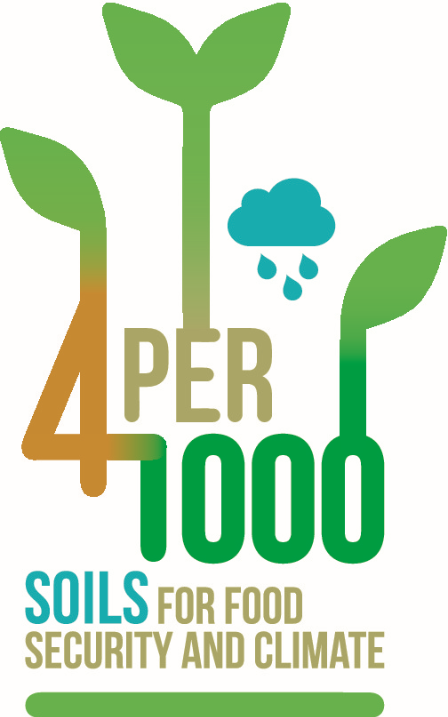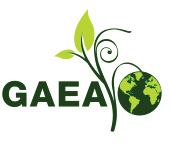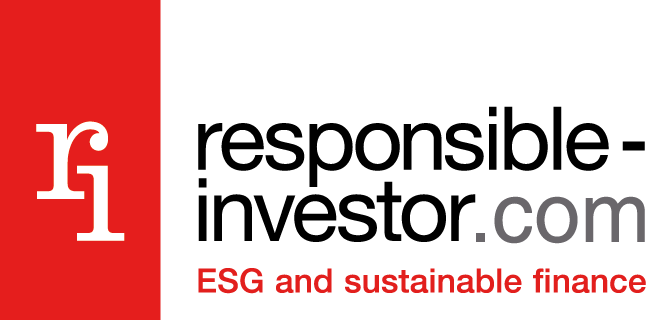Description:
SDG 5 ‘Achieve gender equality and empower all women and girls’, together with a number of gender-related decisions made by the COP to the UNFCCC in the recent past, serve as a clear global mandate for addressing gender equality in climate policy at all levels. However, reports from a wide range of organizations such as UN Women, UN DESA and UNFCCC, IUCN and CCAFS demonstrate that these global mandates are rarely translated into national climate change policies.
Despite such a glaring gap at the aggregate level, successful gender mainstreaming initiatives that have resulted in gender equitable outcomes for women and girls in diverging social, political and economic contexts are available. In order to scale up and learn from such initiatives, a careful understanding of what works, where and how is paramount.
This discussion will bring together policy makers, researchers, practitioners and advocates to share experiences of mainstreaming gender in national climate policies and actions. Focusing on both processes and results, the goal is to identify challenges and opportunities to designing and implementing gender-responsive climate policy and action on the national level; highlight successful strategies adopted by various stakeholders; and to discuss how ‘gender-responsiveness’ can be defined and measured across various contexts.
Key questions addressed:
- What have been some of the entry points for translating global commitments (to gender equality, women’s empowerment) into national gender-responsive climate policy and action? What have been the main challenges? How can the challenges be overcome through adequate processes at the national level, such as political will, legislations, capacities, resources, coordination, representation and so on?
- What could be the role of governments, women’s organizations, international community, academic community, research organizations and local communities in facilitating the identification, scaling up and replication of successful small-scale initiatives?
- Is there a need for ‘universal’ minimum standards/guidelines for gender-responsive climate change policies? If so, what could they look like and how can they be adapted to different contexts?
Background reading:
- Gender equality and climate compatible development
- The cost of agricultural productivity in Malawi, Tanzania and Uganda
- Gender in forestry and REDD+ in Indonesia
- IUCN: Roots for the Future
- REFACOF: Policy brief on participation of women in REDD process in Cameroon (French)
- Once there was a lake: vulnerability to environmental changes in northern Mali
- At the intersection of inequities – Lessons learned from CIFOR’s work on gender and climate change adaptation in West Africa






